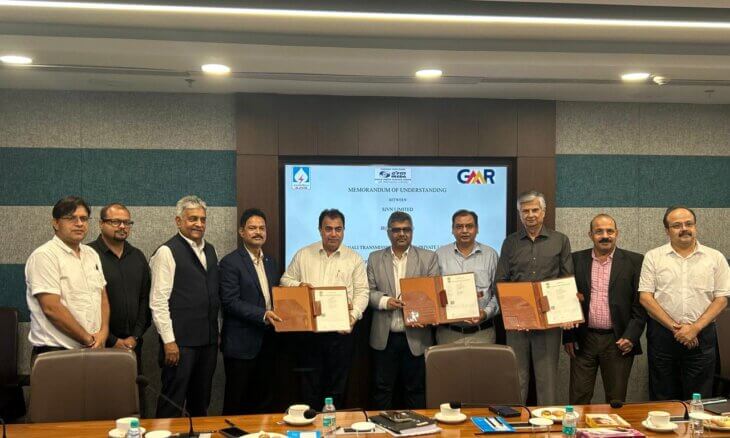
In a significant advancement for renewable energy initiatives in South Asia, the Indian Renewable Energy Development Agency (IREDA) has officially partnered with SJVN and GMR Energy to embark on the ambitious 900 MW Upper Karnali hydro-electric project in Nepal. This strategic collaboration aims to bolster energy security in the region while promoting sustainable development, reflecting the growing cooperation between India and Nepal in the renewable energy sector.
The Upper Karnali project is poised to tap into Nepal’s extensive hydropower potential, which is one of the richest in the world. With an estimated capacity of 83,000 MW, Nepal has the ability to generate significant amounts of clean energy, and the development of this project is expected to play a crucial role in harnessing that potential. By investing in this hydro-electric initiative, IREDA is not only contributing to the energy landscape of Nepal but is also reinforcing its commitment to renewable energy development across the region.
The collaboration is expected to bring multiple benefits, including the creation of jobs, stimulation of local economies, and the provision of a reliable source of electricity. As Nepal continues to work towards energy independence, projects like Upper Karnali will be instrumental in reducing reliance on imported fossil fuels and enhancing the country’s energy self-sufficiency. IREDA’s leadership has emphasized the importance of this investment in advancing renewable energy initiatives. The agency views this project as a vital step in accelerating the development of Nepal’s hydropower sector while simultaneously strengthening energy cooperation between India and Nepal. This partnership is not just about energy generation; it represents a shared vision of sustainable growth and environmental stewardship.
Moreover, the Upper Karnali hydro-electric project is expected to have a positive impact on regional energy dynamics. By increasing the availability of clean energy, it will contribute to reducing greenhouse gas emissions and combating climate change, aligning with global sustainability goals. The project is also likely to facilitate cross-border electricity trade, which can further enhance energy security and economic ties between the two nations.

